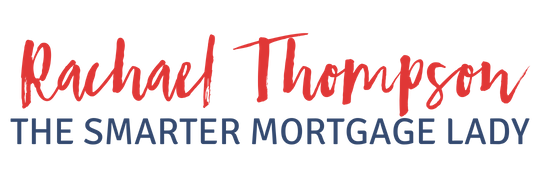Introducing the first home buyer mortgage pathway online course from Rachael Thompson – The Smarter Mortgage Lady
Start here by watching the introduction video and find out what you will need to focus on to complete this course.
This course is a linear course with 8 lessons, however you can come back and review the videos in each lesson at any time.
Introducing The First Home Buyer Mortgage Pathway Course
First Home Buyer Mortgage Pathway Start Here
Watch this free sample video that outlines what will be covered in the course.
Transcript
Hi there! I’m Rachael, the smarter mortgage lady. If you’re a first home buyer in New Zealand, getting ready to apply for a mortgage can be an exciting but daunting process. That’s why I’m here to help you prepare for the journey ahead with my online video course, “First Home Buyers Mortgage Pathway”.
Throughout the course, I’ll provide examples and scenarios to help you understand the concepts we’re discussing, as well as tips for staying on track and avoiding common pitfalls. By the end of the course, you’ll have a solid understanding of what it takes to get a mortgage, and be ready to take the next step towards home ownership.
In this first video, we’re going to cover the basics of getting a mortgage, including the requirements you need to meet and what lenders are looking for.
So let’s talk about the basic requirements. To qualify for a mortgage in New Zealand, you need to have a regular income, a minimum deposit, low short term debt and a good credit record. Lenders want to see that you have a stable source of income in the area where you want to buy and are capable of making your mortgage payments on time. They will also review your fixed commitment spending habits.
Things like Oxypay, Afterpay or other layby and pay later schemes are also taken into account, and so are your credit cards and overdraft limits – regardless of whether you clear your card or pay off your overdraft each month.
While Lenders want to see that you have a track record of paying your bills on time, managing your debt responsibly and how much you earn, they also look at how much deposit you have.
In addition to income, credit record and deposit, lenders will also look at your debt-to-income ratio. This is the amount of debt you have compared to your income. A high debt-to-income ratio can make it more difficult to get approved for a mortgage.
So, how can you improve your chances of being approved for a mortgage?
There are a few things you can do.
Firstly, make sure your credit record is in good shape by paying your bills on time and reducing your debt and expenses.
Secondly, try to save up for as much deposit as you can. A larger deposit can make you a more attractive borrower,
And finally when you’re on wages, having a letter of confirmation from your employer around your average hours per week is really beneficial.
If you’re on a salary, keep in mind that if you have a 90 day probation period in your contract, you can apply for a mortgage but you can’t confirm a purchase on a property during that 90 days.
And lastly – if you’re self-employed, you will need to provide financial records showing that you have been in business for a minimum of 2 years to support your application.
In the next video, we’ll discuss your deposit. See you shortly!


